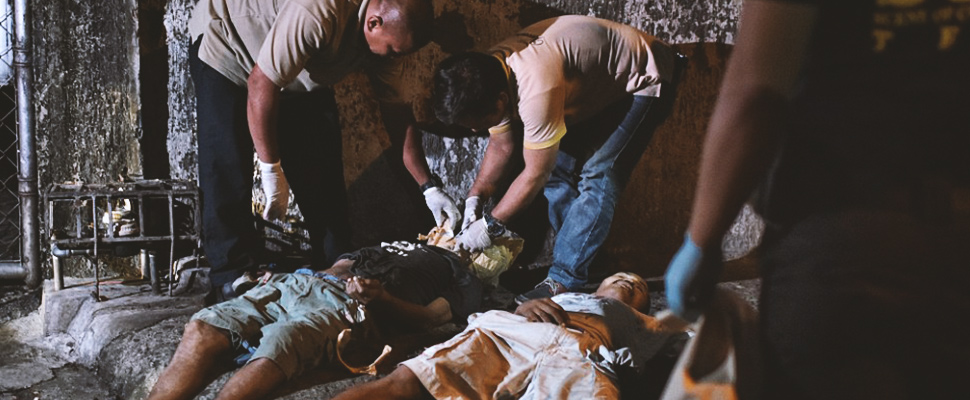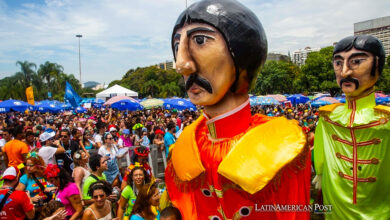A year Into Duterte’s war on drugs
The ongoing violence has taken the life of more than 5.000 people in the Philippines

Since the beginning of his presidential campaign, Rodrigo Duterte made speeches promising the death of thousands of criminals and repeatedly urged the masses to murder drug users. In July 2016, Duterte’s campaign promises became state policy. To date, the body count has nothing but increased as Philippines National Police, the Philippine Army and death squads, allegedly funded by the government, have executed more than 3.200 people under a shot-on-sight mandate imposed by president Duterte.
Concerns have been expressed by NGOs, International Organizations, and foreign governments citing these extrajudicial killings as a step towards mass murder and genocide. However, no international measures have taken place to put a halt on the systematic human rights violations committed by the Philippine government.
The situation is now beyond any legal framework as government-sponsored vigilantes and bounty hunters openly compete for the monetary rewards assured by either government officials or another of Duterte’s supporters. Price tags have been put on the heads of drug users, drug dealers and drug lords, effectively creating an easy cash source in one of the poorest countries in Southeast Asia.
This phenomenon has seen its parallel in several Latin American countries, echoing the social cleanses committed against alleged communists virtually in every South and Central American country since the 60’s and well into the 90’s. Most recently, resembling the “false positives” scandal which occurred in Colombia a few years ago, regarding extrajudicial killings committed by government forces against civilians dressed up as members of FARC or ELN guerrillas.
In the Philippines’ case, victims of the state-backed violence are most usually people from low income background. As such, it has been remarked that Duterte’s “war on drugs” is slowly but surely becoming into a witch hunt among Philippines’ poorest, with people accusing and even killing each other for no real reason other than the government’s promised bounties.
Critics of Duterte’s policy inside Philippines, such as Senator Leila de Lima, have been allegedly framed in all kinds of criminal cases in an attempt to block the course of the investigations on human rights violations committed by Duterte during and before his presidential period started.
Nevertheless, the popular success of the killing campaign is undeniable. President Duterte retains more than 70% of approval to this date, making him one of the most popular serving presidents worldwide.
As Duterte rejoices on his first year in office and slaughter continues in the Philippines, we are met with a gloomy reality: none of the causes of poverty and extreme poverty in the country have been met with a real and lasting solution.
Latin American Post | Miguel Guzmán
Copy edited by Susana Cicchetto




